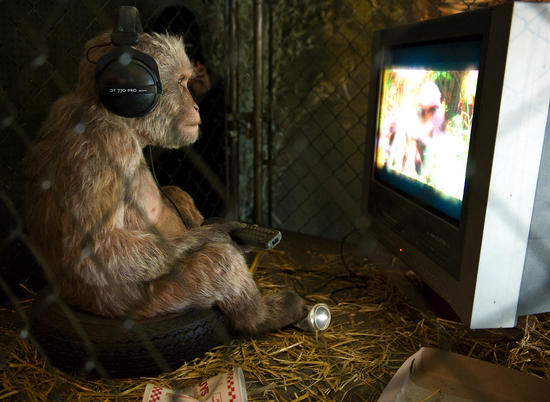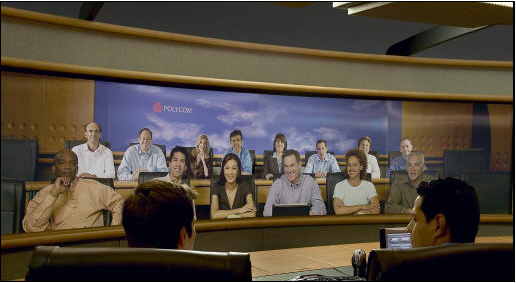 When searching for a job, you spend so much time preparing for interviews and trying to impress employers it is easy to overlook a simple question, “Do I actually want to work here?”
When searching for a job, you spend so much time preparing for interviews and trying to impress employers it is easy to overlook a simple question, “Do I actually want to work here?”
Being offered a job is exciting and you may be tempted to jump on the first opportunity that presents itself, but before you accept an offer many factors should be carefully considered to make sure this is the right place for you. If you are planning on working full time, that time is equivalent to one quarter of the hours in the week. You should be confident that this time you spend is going to satisfy you financially and is compatible with your skills, lifestyle, and career ambitions. Here are the top 4 factors you should carefully access before saying yes to any job offer.
Who wants to work in a place where they don’t fit in? Learning about the company’s Work Environment can help you determine whether a job is right for you. Consider the firm’s dress code, company size, company culture and values and if they are a family friendly workplace. If you are working in a comfortable environment where you feel happy, you will be more productive. The work environment also includes what type of job security you will have. Start-up companies are less stable than mature companies and if it is a mature company, research how well they have been performing and if they are well respected in your industry.
Benefits can be worth up to 30% of your total compensation. Look beyond your salary figures to see what other financial perks come with the job. Familiarize yourself with the medical, dental and vision insurance that is offered and what kinds of plans they have. Also, does the company have a pension plan or 401(k) plan and do they match your contributions? Other financial benefits that you should consider are tuition reimbursement programs, signing bonuses, and relocation reimbursements. See if the job offers flexible hours or if telecommuting is an option as these are benefits that could cut down cost of commuting or work with your schedule.
The Location of the job is a serious factor to consider. Is relocation an option and is the cost of living in the new place different than where you currently reside? For any job, relocating or not, consider what your commute is going to be like. For car travelers, will you be able to get to work without sitting in stressful traffic? Fluctuating gas prices, road tolls, and parking fees are all costs associated with your commute. Don’t forget to investigate public transportation options or see if your company has a carpool. The commute to work 5 days a week can set the tone for how you feel stepping into the office first thing every morning.
The right job should both sharpen and improve your skills while utilizing your talents and challenging you. Ask yourself, “Will this job take me to where I want to be in my career? People change jobs an average of ten times during their career and with each job change you should feel you are moving up on the career ladder. However, make sure you are not applying for jobs that you are not qualified for. HR can blacklist you if you are applying for jobs that are not a fit for your capabilities.
by guest blogger Colleen Moran
 Follow us on Twitter and keep up to date on all of our news, updates and over 150+ job listings.
Follow us on Twitter and keep up to date on all of our news, updates and over 150+ job listings.





 Our client, a leading integrator of audiovisual, collaboration, unified communications and videoconferencing systems, has recently embarked on a nationwide expansion of its sales and sales engineering team, and J. Patrick was tasked with multiple searches in the NFL cities, resulting in 4 placements in a 60 day period.
Our client, a leading integrator of audiovisual, collaboration, unified communications and videoconferencing systems, has recently embarked on a nationwide expansion of its sales and sales engineering team, and J. Patrick was tasked with multiple searches in the NFL cities, resulting in 4 placements in a 60 day period.
 Our client, a leading developer of Network Security products and professional services, needed to expand its sales and sales engineering team, through headcount addition and the replacement of underperforming sales reps, and J. Patrick was tasked with multiple searches in the Northeast corridor, resulting in 4 placements in a 60 day period.
Our client, a leading developer of Network Security products and professional services, needed to expand its sales and sales engineering team, through headcount addition and the replacement of underperforming sales reps, and J. Patrick was tasked with multiple searches in the Northeast corridor, resulting in 4 placements in a 60 day period.




 Feeling a little uncomfortable in interviews? Don't feel like you're getting the respect you deserve? Might be time for a little training in interview etiquette. Don't worry, it isn't hopeless, here are a few ideas to get you back on your toes and earn the attention of your interviewer positively. Tell employers to pick you, after fine tuning your interview skills.
Feeling a little uncomfortable in interviews? Don't feel like you're getting the respect you deserve? Might be time for a little training in interview etiquette. Don't worry, it isn't hopeless, here are a few ideas to get you back on your toes and earn the attention of your interviewer positively. Tell employers to pick you, after fine tuning your interview skills. 



 Howard Lichtman is the President of the
Howard Lichtman is the President of the